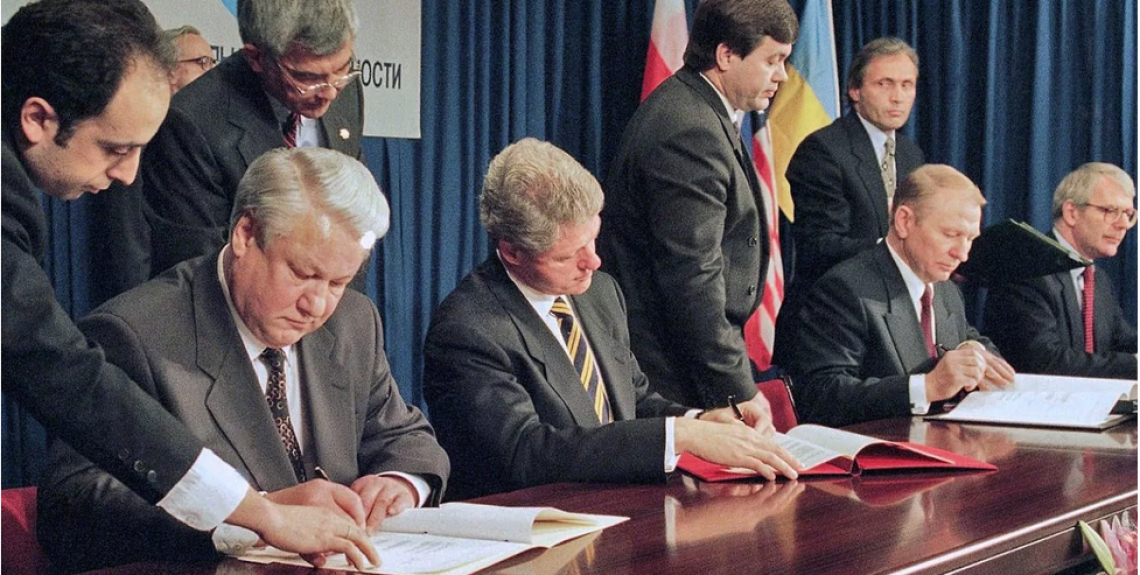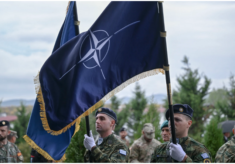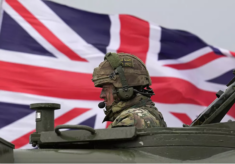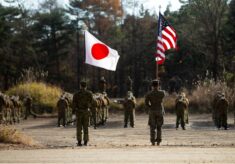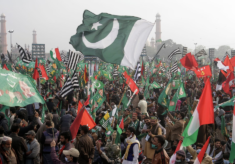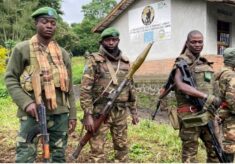The five permanent members of the UN Security Council (P5) cannot be confused with the five countries allowed by the Nuclear Non-Proliferation Treaty (NPT) to possess nuclear weapons. Though they are the same countries they don two different “hats”. At the creation of the United Nations in 1945 the P5 were directly named by the UN Charter which states: “The Republic of China, France, The Union of Soviet Socialist Republics, the United Kingdom of Great Britain and Northern Ireland and The United States of America shall be Permanent Members of the Security Council “.
Twenty-five years later those same countries were chosen as nuclear weapon states based on article 9/3 of the NPT which states that “a nuclear-weapon State is one which has manufactured and exploded a nuclear weapon or other nuclear explosive device prior to 1 January 1967”. This formula was chosen so as to include the five permanent members of the Security Council without invoking their permanent UN status. This does not make the “P5” and the “Nuclear 5” the same thing. The former would keep their permanent seat at the UN even if they renounced nuclear weapons; the latter would keep their nuclear status even if they were no longer permanent members (for instance if they were expelled from the UN). Above all, no rule exists indicating that to become a permanent member of the Security Council a country must possess nuclear weapons.
Due to their privileges (no need to be elected and right of veto on Security Council resolutions) the P5 are not very popular at the UN. Russia’s invasion of Ukraine in violation of the UN Charter and of the 1994 Budapest Memorandum which guaranteed Ukraine’s “territorial integrity”, not only drastically reduces Russia’s credibility as a permanent member but contaminates the reputation of the Security Council as a whole.
The present critical situation increases the need to maintain a cooperation and dialogue not only between non-nuclear weapon states and nuclear weapon states but now, more than ever, among the five NPT weapon states themselves.
Such a relationship has been maintained with ups and downs until now. It is essentially based upon their common imperative interest to safeguard their own nuclear status as recognized by the Non-Proliferation Treaty and to prevent other states from getting hold of nuclear weapon. Such a common ground was strengthened in 2008 by an initiative by then UK Secretary of Defense, Des Browne, who, in a statement to the Conference on Disarmament in Geneva, declared his willingness to host a “Technical Conference” of the Nuclear Laboratories of the Five NPT Nuclear Countries “on the verification of Nuclear Disarmament”.
This initiative was progressively transformed into a regular consultation process on nuclear policies among the five countries aiming in particular at preparing a common ground in view of the five yearly NPT Review Conferences. The results were not spectacular, but the process allowed regular consultation, harmonization and confidence building among the five. On the 3rd of January 2022 the heads of state and government of these five countries agreed upon a joint declaration “Preventing Nuclear War and Avoiding Arms Races” that notably stated that “a nuclear war cannot be won and must never be fought”. This concept is not new since it had been originally launched bilaterally by presidents Reagan and Gorbachev in 1985. But the message is not meaningless, since it is now being shared also by China, France and the United Kingdom and can be interpreted as an indication that the sole purpose of nuclear weapons is nuclear deterrence.
The military aggression by Russia, a nuclear weapon state, against a non-nuclear weapon state, Ukraine, that had renounced nuclear weapon in exchange for non-aggression assurances, is causing universal havoc including on the non-proliferation system. Neutral non-nuclear countries such as Sweden and Finland are now scrambling for a nuclear umbrella protection. Others are even considering producing nuclear devices of their own. Last May, Russia and China vetoed a Security Council resolution sanctioning DPRK’s nuclear and missile tests breaking the traditional compactness of nuclear states against proliferation and making non-proliferation an additional victim of the war waged against Ukraine.
As during the Cold War, arms control and non-proliferation should be protected and isolated from the general confrontation. The US/Russia strategic stability process aiming at additional nuclear reductions and verification should continue. The legally binding UN Security Council Resolution 2231 which enshrines the JCPOA nuclear deal with Iran must be implemented without delay. The five NPT Nuclear weapon states must – at the least – reassure the international community by reiterating their January 3 commitment to nuclear non-proliferation and disarmament on the eve of the incoming NPT review Conference next August.
Carlo Trezza
Carlo Trezza was Italy’s ambassador for Disarmament in Geneva and chaired the Conference on Disarmament, the UN secretary general’s Advisory Board on Disarmament Affairs and the Missile Technology Control Regime.

